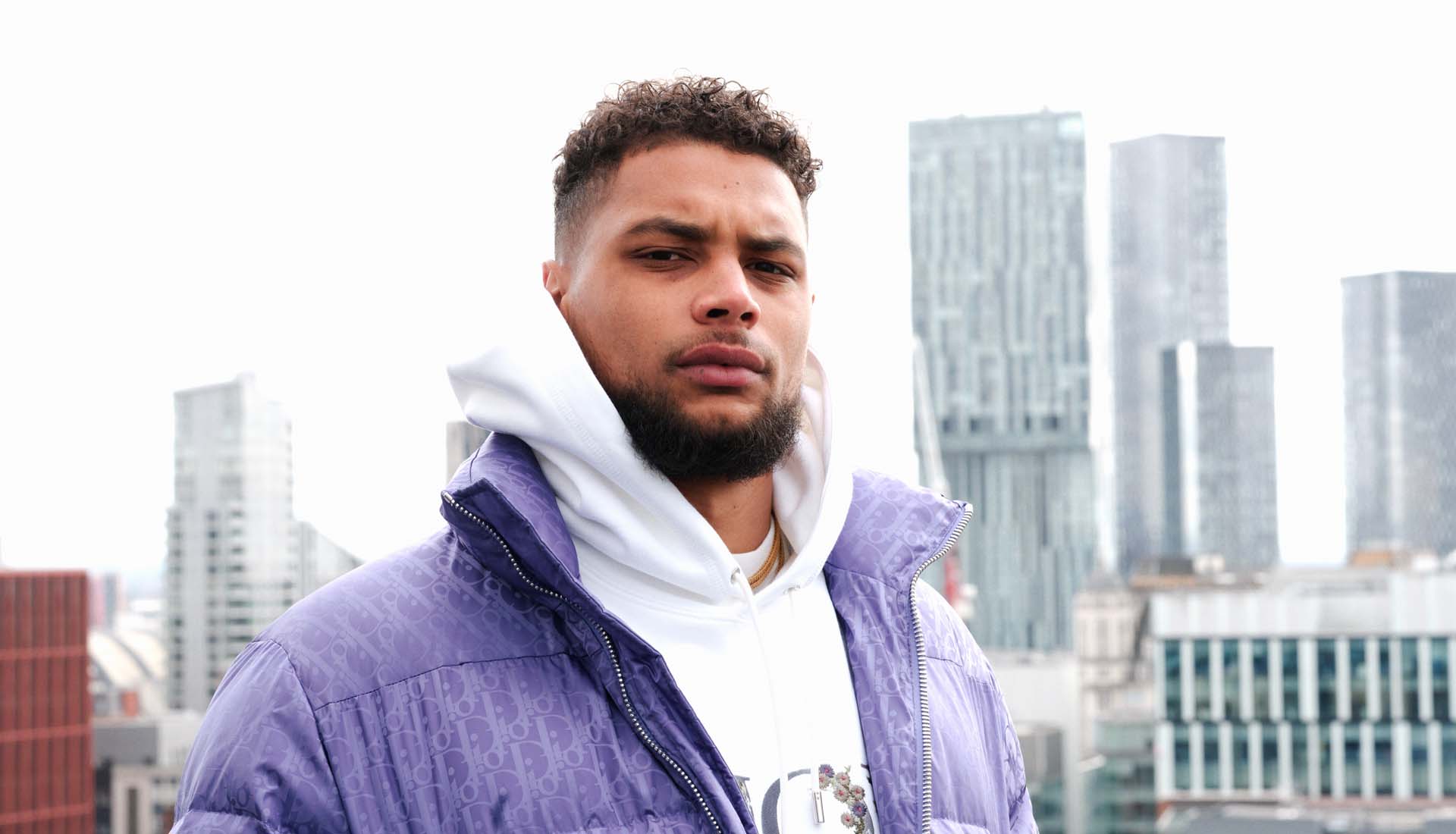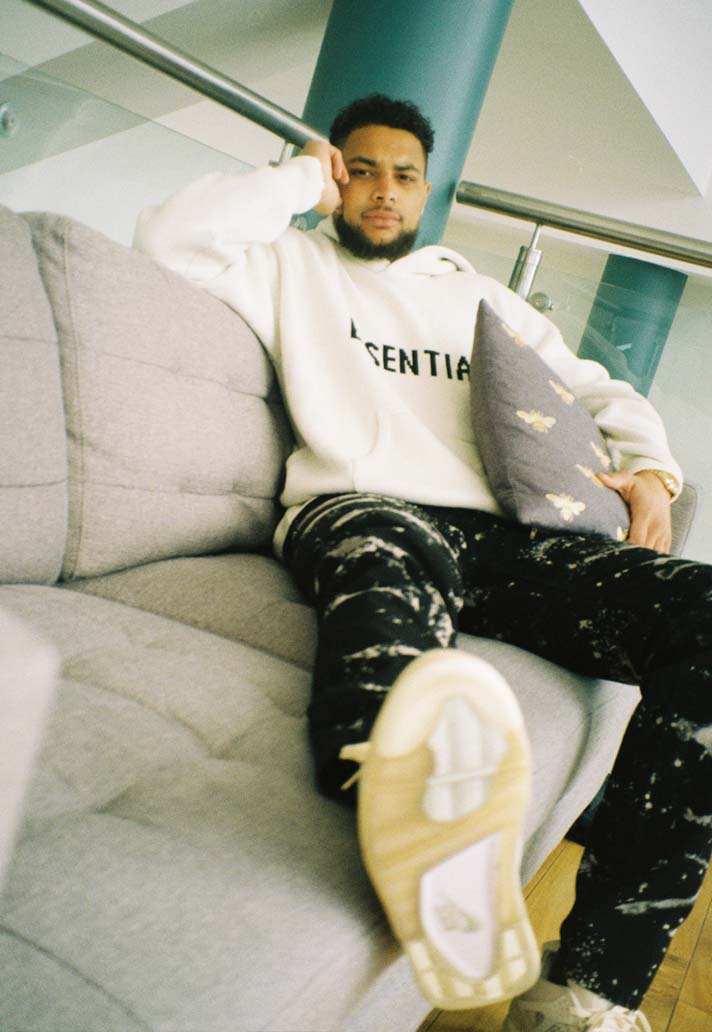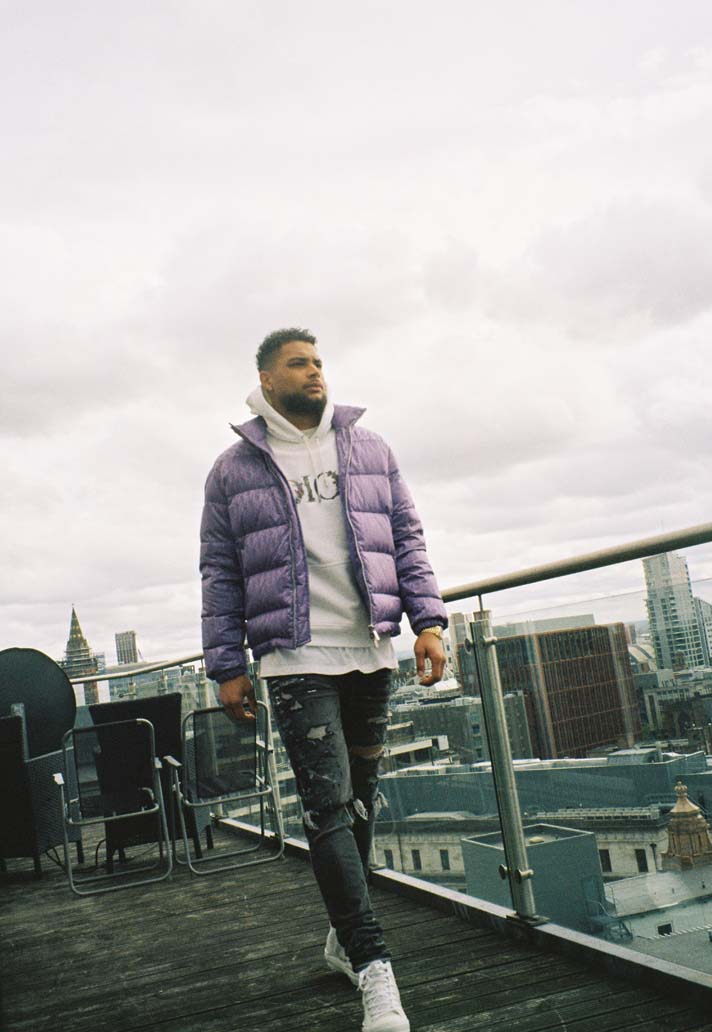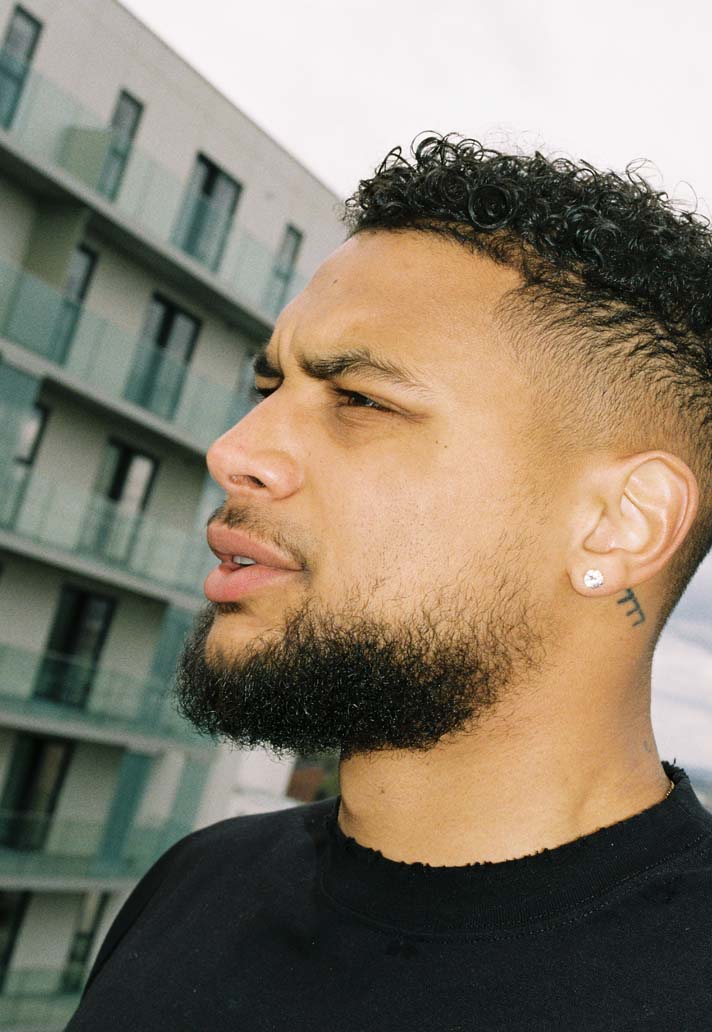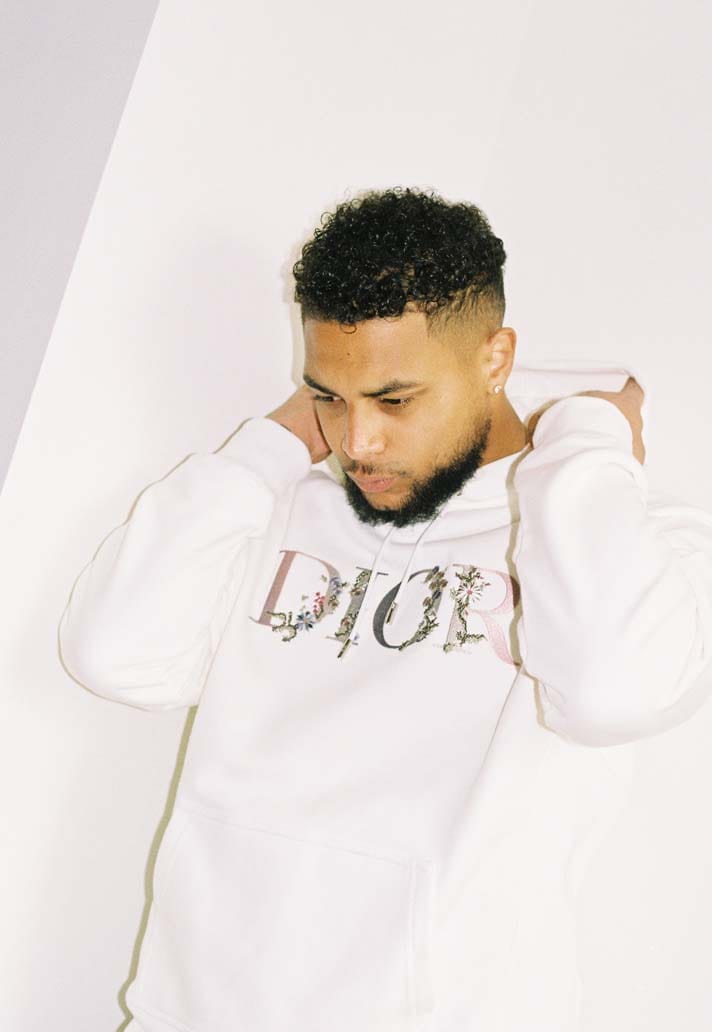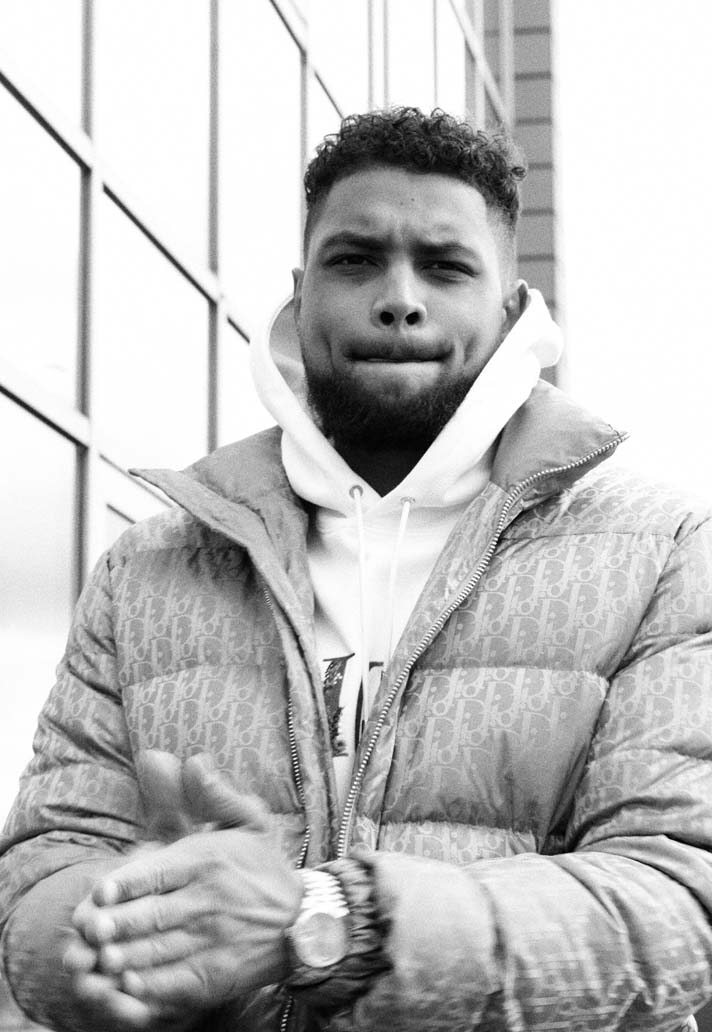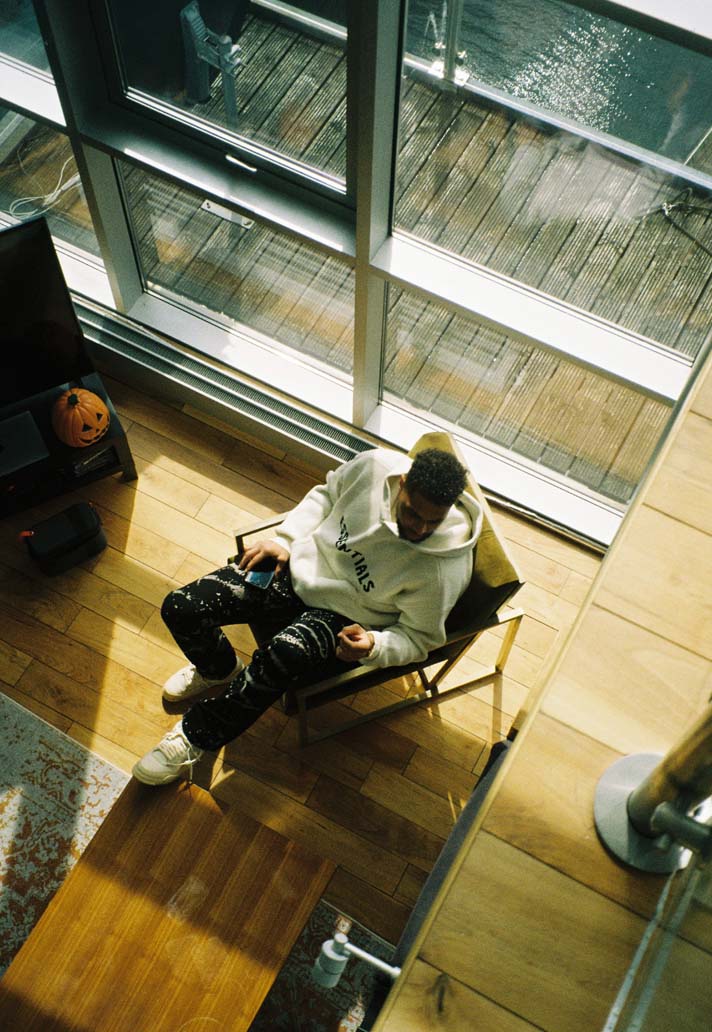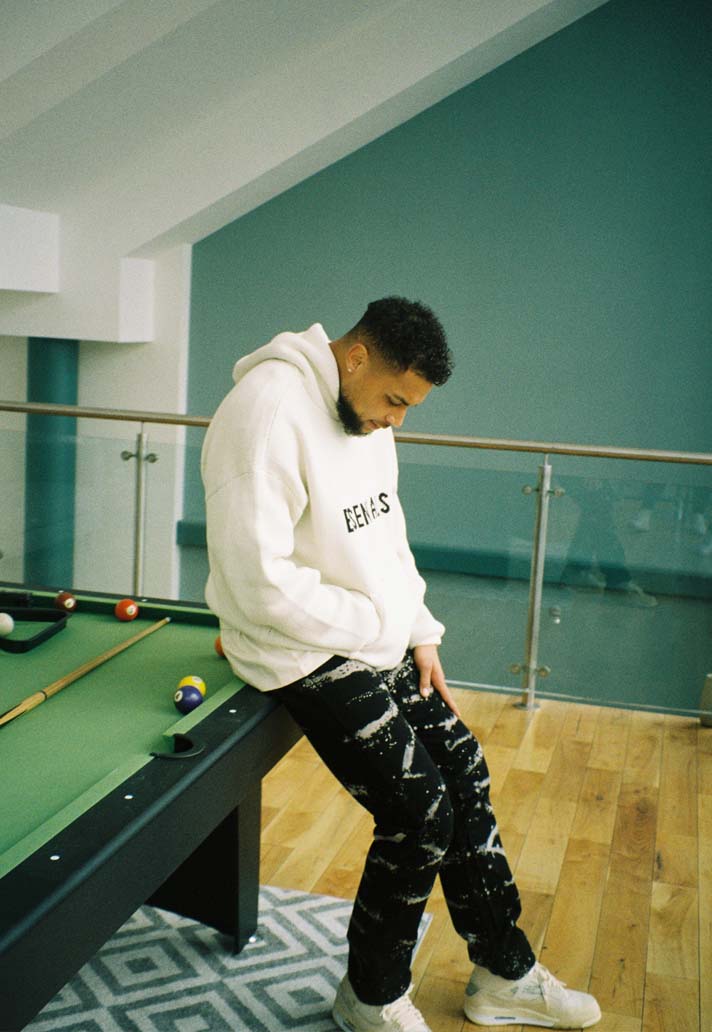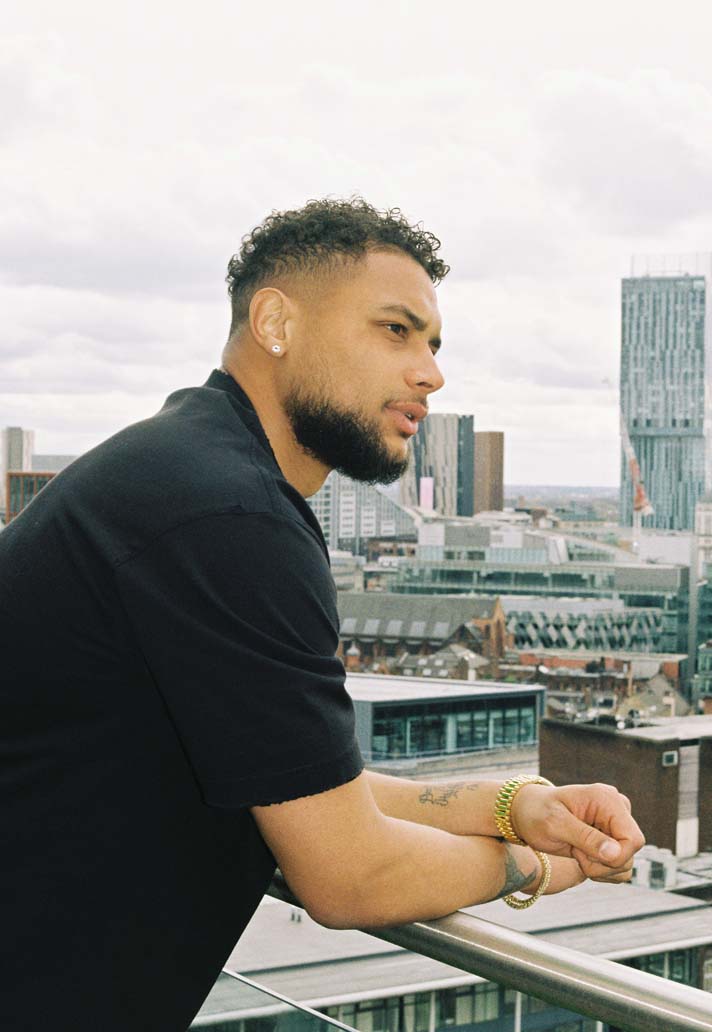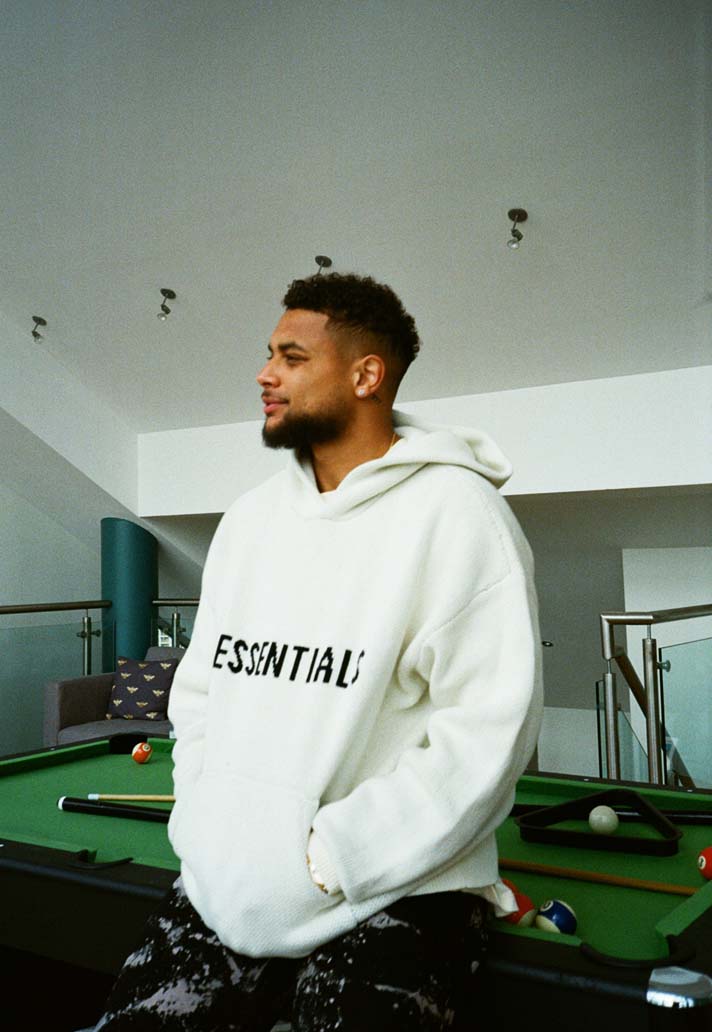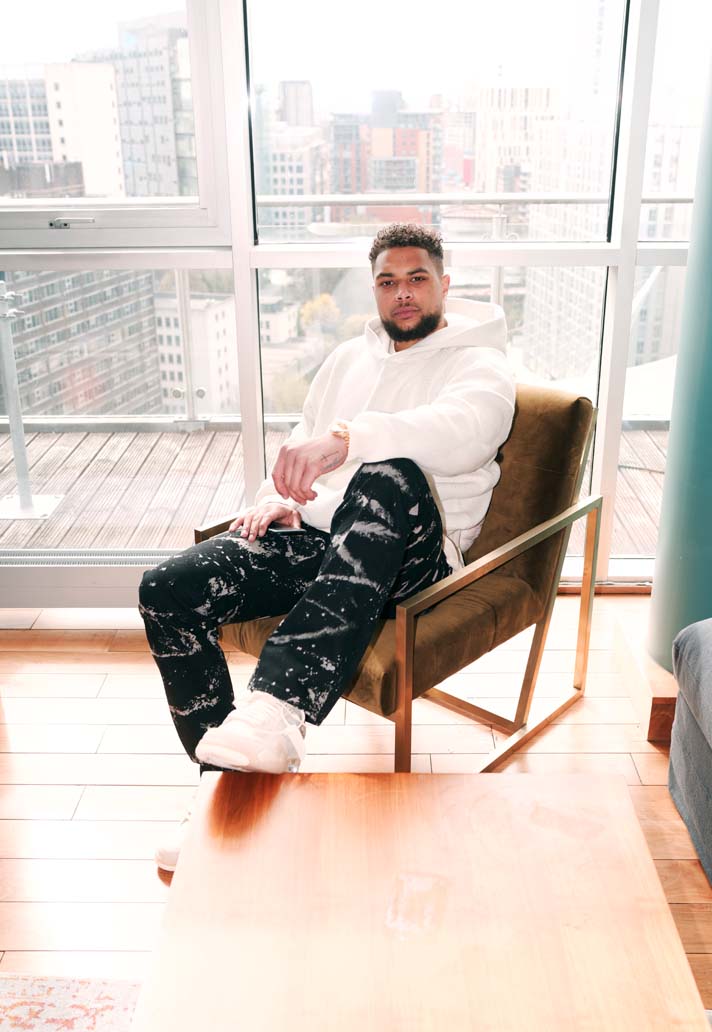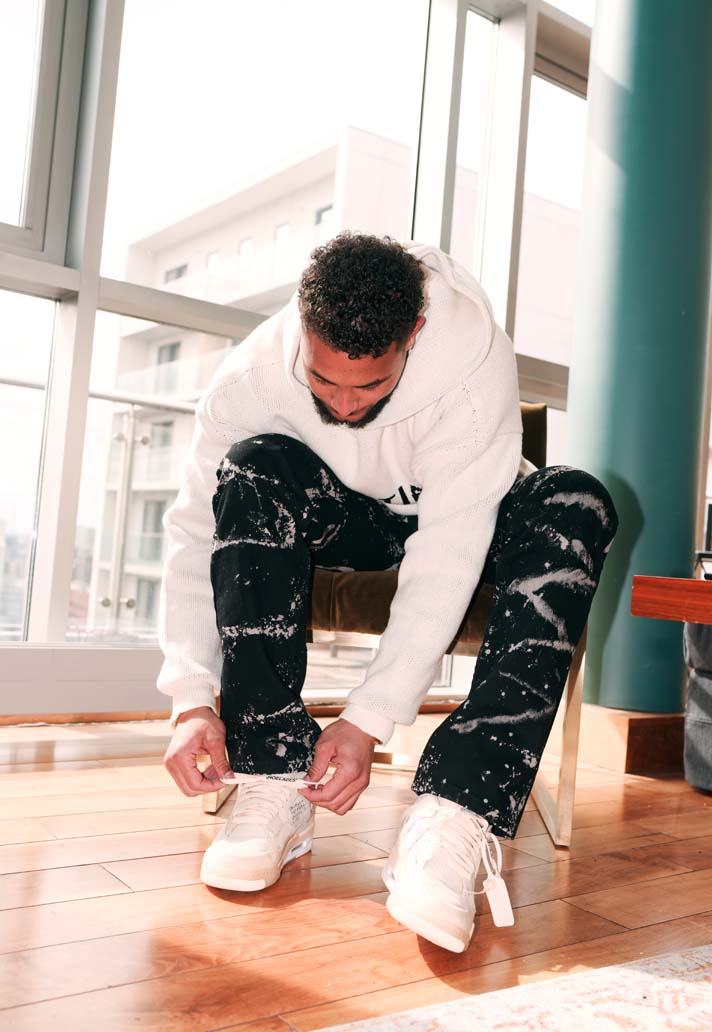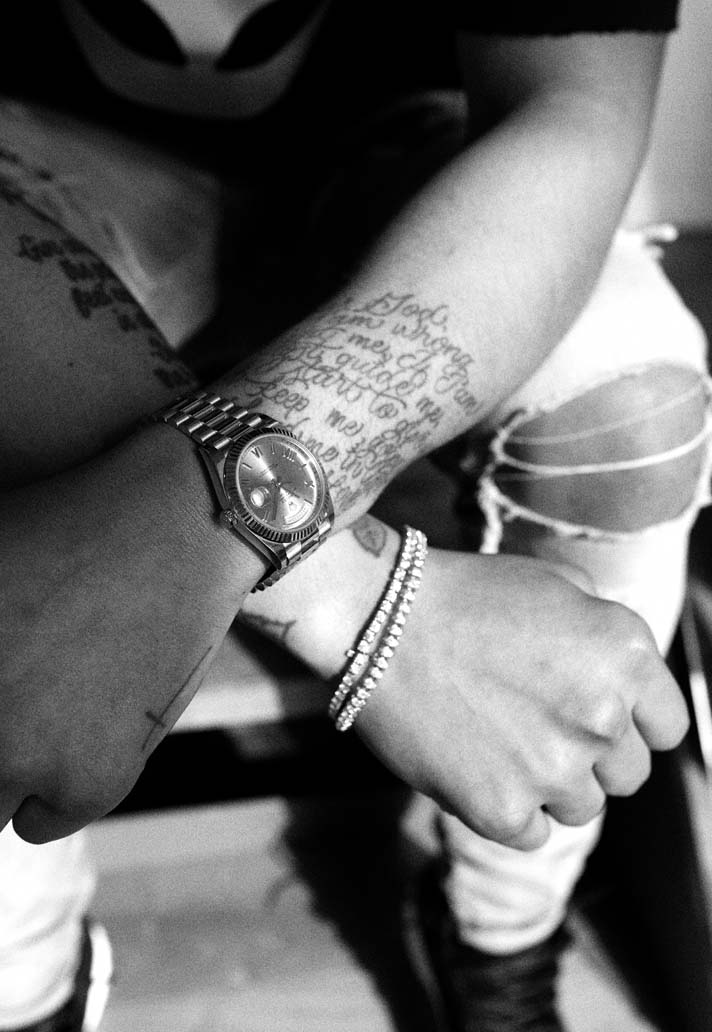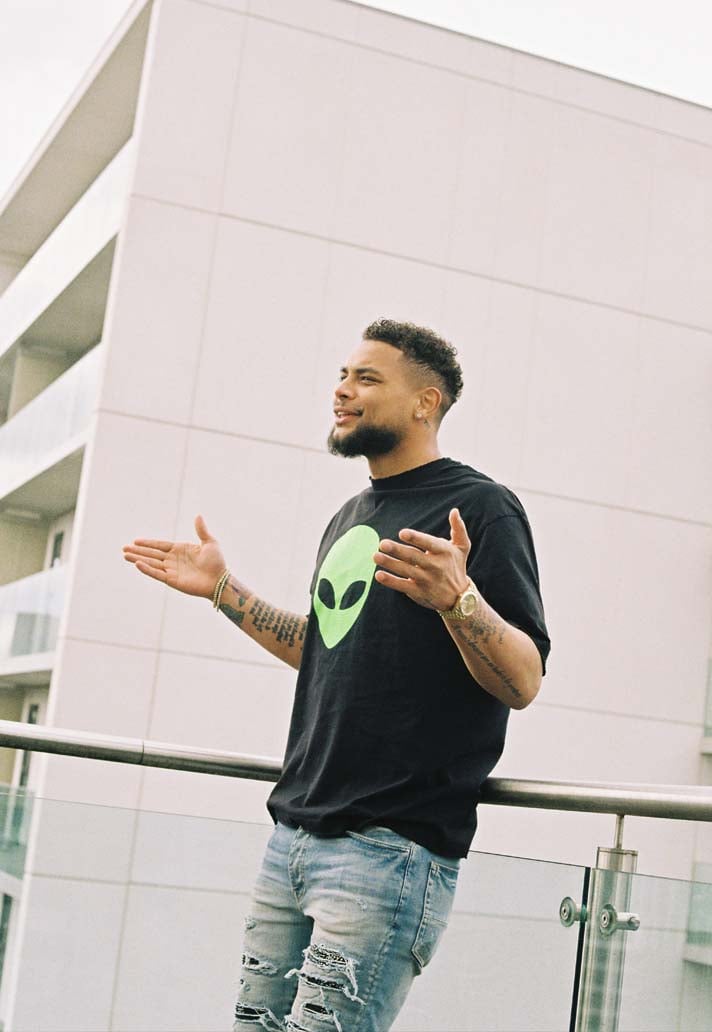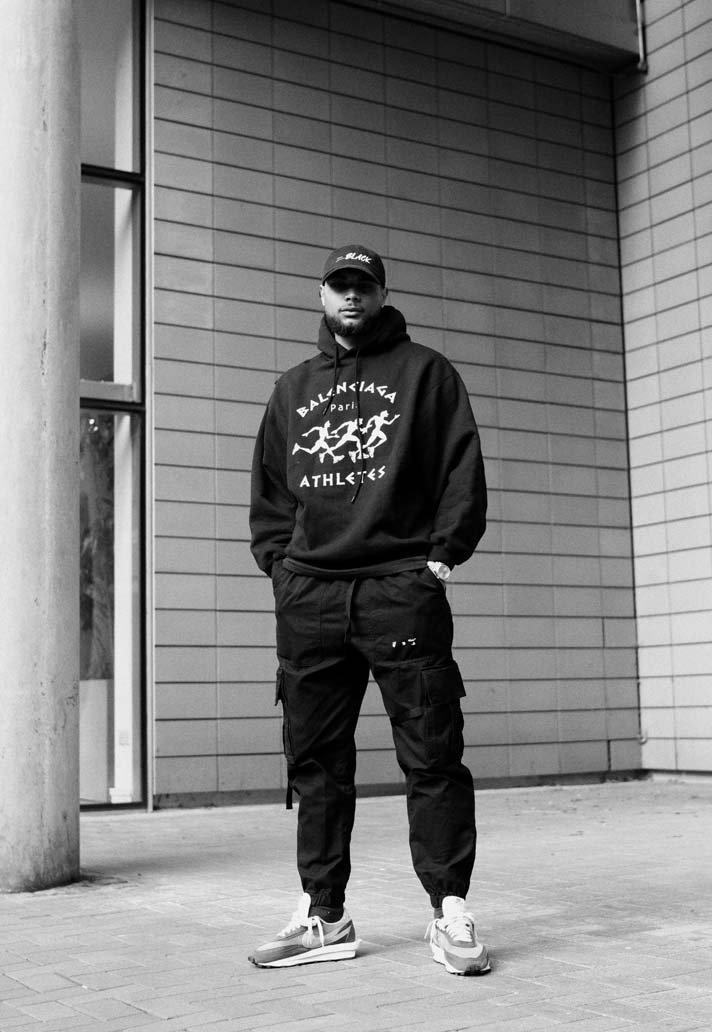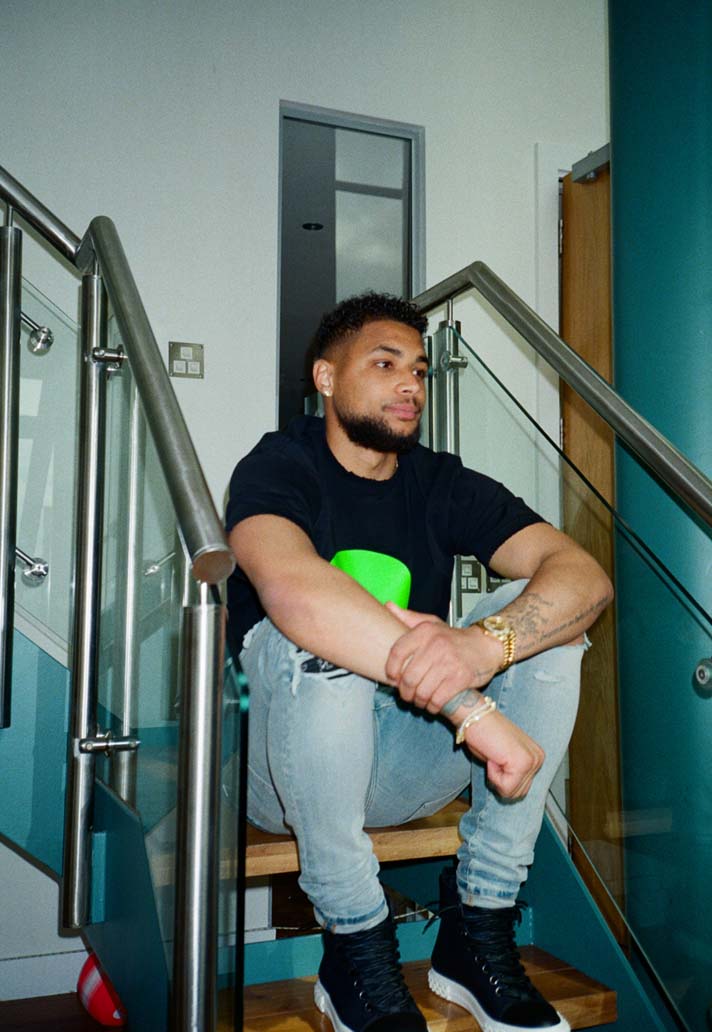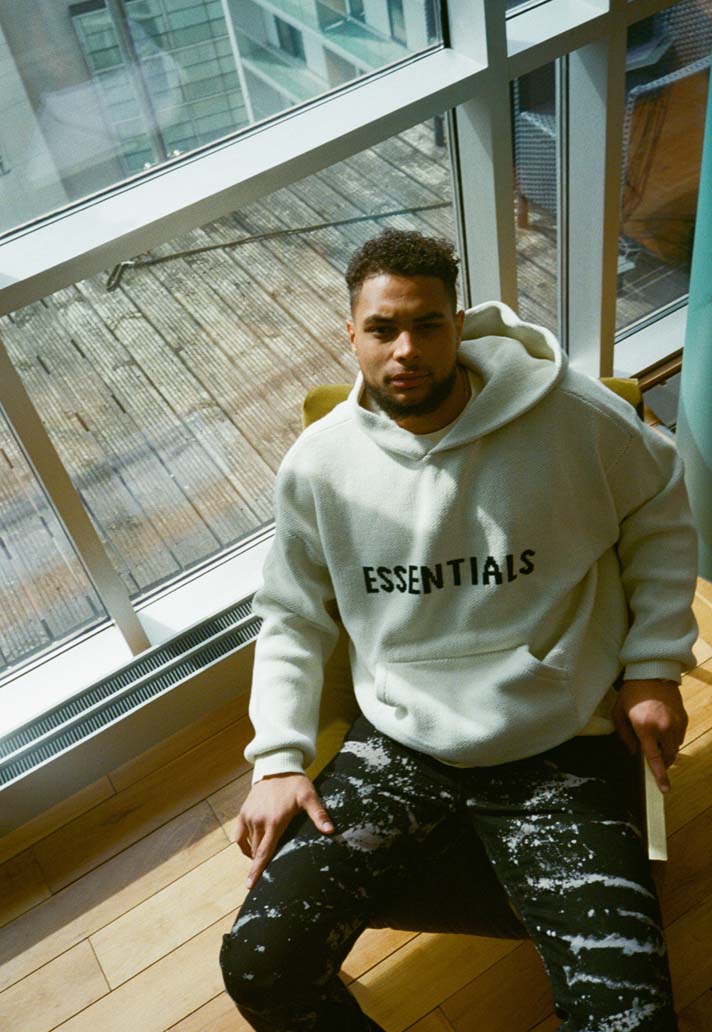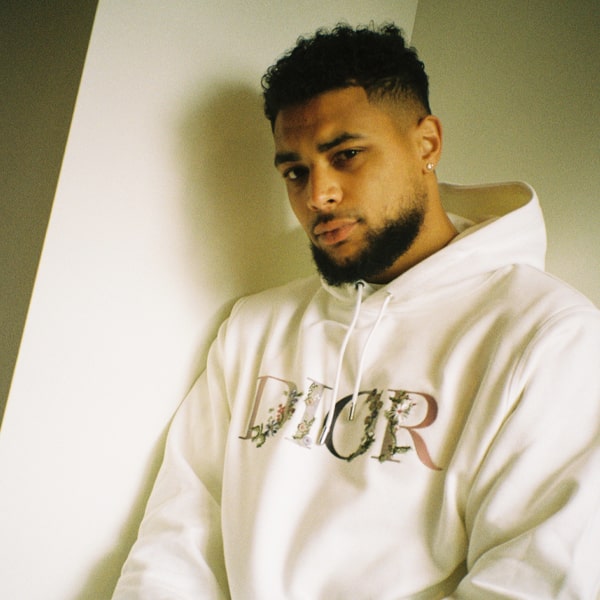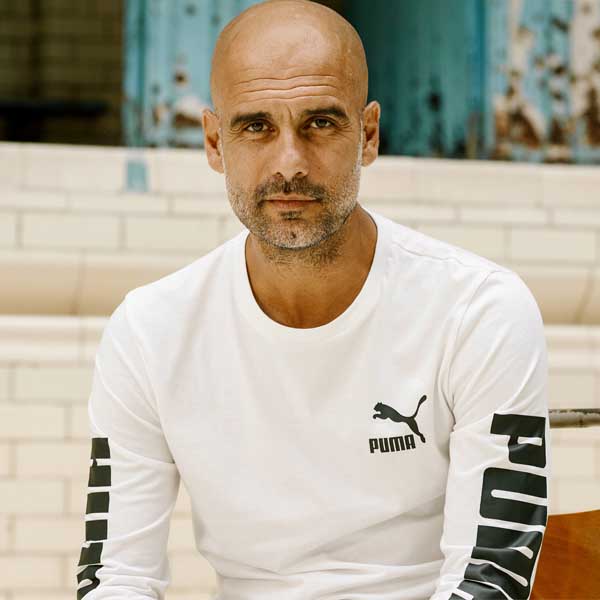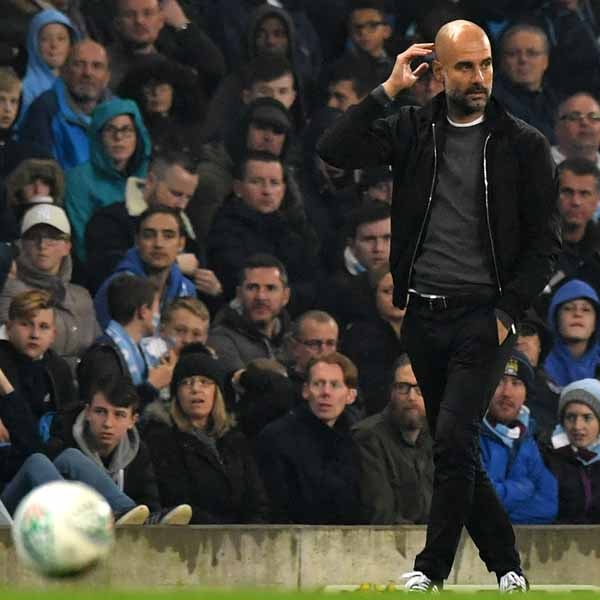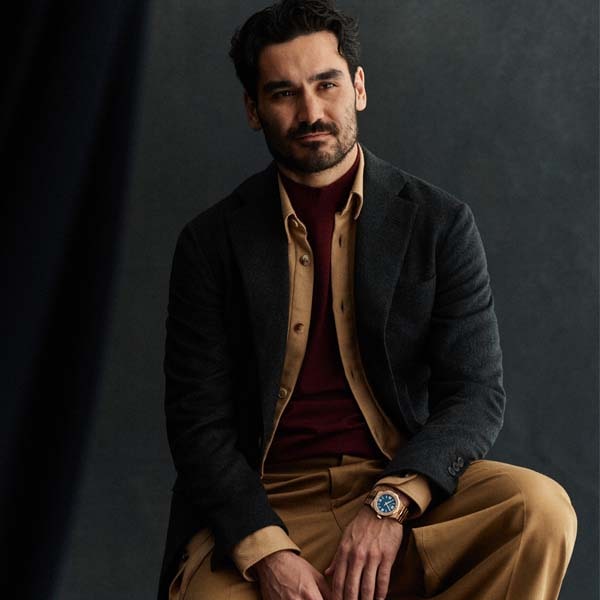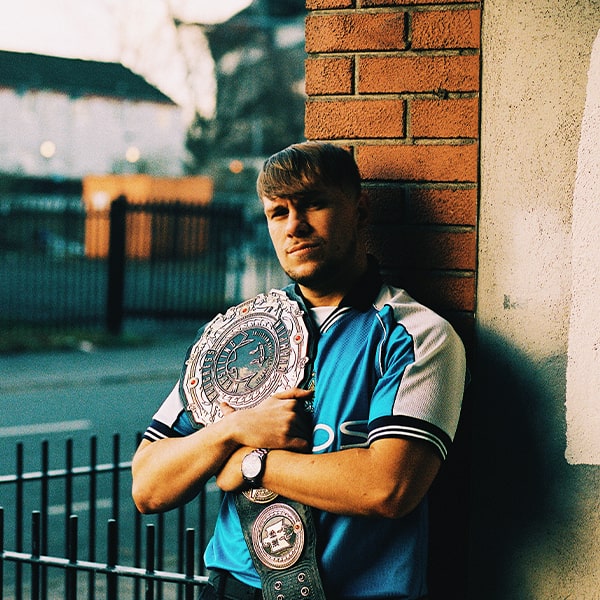The American route into professional football is way more complex than it is on European shores. But having traversed this convoluted path Zack Steffen now finds himself at Premier League champions elect, Manchester City. It’s a big step up, but one that the 26 year old is absolutely ready for.
Replacing Claudio Bravo would always be a daunting task. The veteran keeper had bags of experience from his time in Spain, first with Sociedad and then with European giants, Barcelona. But the man hand-picked to take his place as back-up to Ederson in the Manchester City squad was more than ready for the challenge. Having only recently turned 26, Zack Steffen represents the other end of the Goalkeeping age scale to Bravo, but what he lacks in years, he more than makes up for in experience, enthusiasm and an unerring belief in his abilities, which he showed off when we spoke with recently. And with the backing of none other than Pep Guardiola, he’s primed to prove himself on the biggest stages in world football, starting this weekend at Wembley…
Tell us about football for you as a kid and how it came into your life?
So I grew up playing all sports: baseball, soccer, football, basketball. My step dad got me into football really when he came into my life when I was around age five or six, and he just took me outside and we’d just juggle. I continued playing baseball and basketball on teams until I was about 15 or 16, and that’s when football really took over. I was doing well with it and I just kept going.
What was it like in the States in terms of getting into football, did it feel like sort of a left field choice?
Actually you’d be surprised, almost every kid plays football growing up in America. It’s relatively cheap, it’s relatively easy to get gear and go to practice, and it kills a lot of energy, so I’m sure parents love that! So every kid will play just recreationally growing up, but there’s just so many different avenues you can go down in America. I just stuck with soccer.
Do you remember what it was specifically that made you fall in love with the game?
So I remember my first pro game – possibly the first pro game I ever went to – and it was Chelsea v Man United at an American Football stadium. I went there with some friends and my dad. I remember that game, it was sick. Just to watch those guys… And the fans were awesome. For that to be my first experience was just really cool to see that kind of high calibre game. So that memory will always be with me.
What generation was that? Who was is the United and Chelsea lineups?
It might have been Lampard, Drogba and Petr Cech and those guys… I actually grew up liking Chelsea because of that team, with Jose.
It’s a crazy journey to have gone from that to be sitting on a bench across from Jose…
Yeah, it’s definitely surreal… There have been some times where I’ve had to pinch myself and be like, wow, this is actually reality. But when I first heard that City were interested in me, yeah, that was surreal and I thought my agent was joking! Then, when I got over here and signed and checked everything out, that was just insane. Then when I got over here for preseason and got in the locker room and meet everyone and see what their daily routines are and their habits, yeah, very surreal.
The American development system is very different to this country… you only have to look at your Wikipedia page to see how many teams you’ve played for along the way…
Yeah, it’s very… unorganised in the States! Each MLS team has there own academy team, but there are so many other academy teams and club teams all over in each town and city, it’s so unorganised. It would be nice if they cleaned it up!
When I first heard that City were interested in me, yeah, that was surreal and I thought my agent was joking!"
Do you think that complicated route has to change for the bettering of football in the States?
Yeah, I think about this all the time. Obviously playing basketball and American Football with my friends and family and then baseball all helped with goalkeeping, with hand-eye coordination and other stuff, but I do think that if I’d just stuck to football since I was young, would I be better or worse? But it’s interesting because each person has their own pathway, and the academy system in the States needs to take a look at what they’re doing over here in Europe. But it’s also so tough because America’s just so big.
Do you think that you’ve gained a lot because of your route as well though?
Absolutely. Going to college was definitely important for me. On the field I got a lot of games and off the field I got to learn about myself and learn some good things about living on my own for the first time. Staying in high school and playing club and joining the national team and doing the academy there, that was good for me. Every person has there own path.
Did you feel you had to grow up quite quickly then, what with playing for the national team and things like that?
Definitely. The first time that I had to leave for national team camp, which was like a week or so, I was age 13, so I was travelling for a decent amount of time away from my family at a young age, so I definitely had to grow up quicker than a lot of my friends, and I definitely noticed that But I liked that.
Going through your history there’s always been MVP awards, and you were clearly turning heads at quite a young age. What’s it like to turn heads at such a young age?
Yeah, it was great. All those types of accolades and awards give you motivation to get better and to keep going. But at the same time I just wanted to be a kid sometimes too, and just go to the games with my family instead of going to the games with my team to play, because that’s when pressure comes and when you’re doing well people have higher expectations. But I think I’m very laid back and calm, so I don’t really read in to all that hype too much. I don’t really get too high or too low.
It shows a nice side to your character that’d you’d like to go to a game with your family…
For sure. I mean, we’re in a profession where we get critiqued in public and there’s a lot of stick. Obviously we work hard and this is what we love and are passionate about, but at the same time sometimes it’d just be nice to be a normal person and not have all of these pressures and expectations that you have to live with everyday. But that’s all in the lead up to a game, and part of the pressure I put on myself, because then when you’re out on the field it’s like the best thing ever.
It’s something that’s not often highlighted… the mental challenge to get to where you are?
Yeah, the mental part is probably the hardest. The older you grow, the more you learn, but that mental game is always the hardest, especially for a keeper. You make a mistake, it’s tough.
You touched on college, what was that like?
It’s a great experience, man, it’s fun. You’re 17 or 18 and it’s the first time you’re living on your own and you’re at a school with all these new people and you can’t wait to meet them. College was great. I was lucky because I went into preseason knowing 30 people, so it’s probably tougher when you go in and you don’t know anybody and you meet your room mate right away, but at the same time it’s awesome. I had some of the best times at college, whether I was playing or whether I was just hanging out with team mates doing team bonding activities or partying with them or travelling with them. So that was the first experience I had of being on my own and learning how to become a professional a little bit.
How much hard work goes in at that stage, can you still have a good time and party and those sorts of things?
Yeah, life’s all about ups and downs and learning from your mistakes. We’re all young and we make mistakes and we’re going to make mistakes until we die, it’s really just about learning from them.
You come across as quite a conscious creative character who needs a lot of good stuff going on, so how do you see your headspace?
I think it goes back to how I was raised in America. There’s so many different paths that you can go down, so many different opportunities, so I think us Americans we don’t just stick to one thing. So I have love and passion for football, but I also have love and passion for other things as well. I think America does a good job of showing and encouraging that, y’know, you only live once, so go out and explore and experience everything.
The first day I got there we had two days of preseason in February and it snowed everyday for the first week. I should’ve known to just get out of there then!"
The move to Freiburg and Germany at such a young age, how was that, were you nervous?
So going into it I was coming from college and I knew that I’d got all that I could from the game in college and that I had to take the next step to get better, so Freiburg was interested for a while so I thought I might as well try it out. So I went over there at like 18 or 19. Frieburg’s a small city – beautiful though. It was a culture shock for sure. The first day I got there we had two days of preseason in February and it snowed everyday for the first week. I should’ve known to just get out of there then!
It was tough. 19 and trying to learn a new language, and the German’s can be cold people, not outgoing and very much not my style. Life off the field was tough because I was just there on my own and I was six hours ahead of my family and everything I knew and 5000 miles away from everything. So it was tough for sure, and I was coming from college, where it was partying and I was the big man on campus with the soccer team and it was a lot of fun, and then to go into Freiburg reserves… it was tough.
You already had a connection to Germany through your mother’s side, right?
Yeah, I think because of that I was very much open to Germany.
So how long term were you looking with that move, what was the objective?
At the time it was just the next step in the progression of my career, and that’s how I saw it. I was focused on going over there and working hard and getting better. Then wherever it led me to I would go there next. I don’t tend to think to much of the future, I’m very much focused on the present, which sometimes maybe gets me in trouble as I should set more clear goals and plan.
Gets you in trouble how?
With girlfriends! I love to live in the moment, and we’re pretty much slaves to the schedule and so when I do get to hangout with friends and family I don’t want to think of future plans. I just like to get away and live in the moment with them.
What are the biggest things you learnt about yourself from that first stint in Germany?
Definitely professionalism. That was probably the biggest thing both on and off the field. What you need to do daily to keep your body in shape and be ready for training, be ready for games, and just getting into those daily habits.
Heading back to the States again after that, how did you find that competitiveness once you’d been at Freiburg?
So I was with the reserve team in Freiburg most of the time. I would train a little with the first team towards the end a little bit. Then when I went to the Crew I was more focused on finding happiness off the field again. That would in turn bring success on the field. So going to Columbus I was just focused on getting happy and finding my passion for football again. I settled in pretty quickly, I got some games with Pittsburgh Riverhounds on loan, and that gave me confidence to come into the next season and to get the starting job. Then I just kept working hard and focussing on the training and learning from the games and just the progression which led me here.
Your stint at Columbus was hugely successful. Did you know at that time that you had it in you to move up to the next level?
That was my goal, I just didn’t know when it would happen. I knew that the first couple of years I wasn’t ready, I was still needing to grow in the game, but then when City called in that third year I felt ready.
What was it like knowing that you had teams from England calling?
When the Bristol thing happened it was so quick and I had to make a decision in like a day or two, it was so rushed and crazy and hectic. And for whatever reason I just didn’t have the feeling ion my gut, it didn’t feel right. Luckily enough three weeks later Man City came calling.
But yeah, there’s a lot of emotions when they come calling; nerves, anxiety, excitement. There’s also a confusion because you’re not sure if it’s going to happen or not.
It’s massive when Pep comes calling though. What went through your head?
Yeah it was surreal. When my agent called me I thought it was a joke. I called my Mum right after, though we had to keep it within a small circle. But yeah, it was crazy, surreal, humbling and very exciting for me and my family.
He’s a relentless winner. A perfectionist. Always thinking about tactics, about how we can break teams down. He hates when other teams have the ball"
Can you remember your first meeting with him and what that was like?
Yeah, I mean I was nervous. At first it was kind of intense, just because of the stage and the pedestal that we put him on, but he’s a good guy, very passionate about his players and very, very passionate about the sport.
How was training with him?
He’s a relentless winner. A perfectionist. Always thinking about tactics, about how we can break teams down. He hates when other teams have the ball.
Has that mentality rubbed off on you at all?
I think for me, yeah, I’m very competitive. We’re all very competitive, that’s just our nature. And then when you’re trained to compete at this level everyday for years and years and you’re fighting for your livelihood and your family’s livelihood… naturally we want to win all the time.
It must go a long way to be motivated by someone that has such a humble yet powerful personality…
Yeah, we all know him as one of the greatest coaches of all time, but at the same time he’s a human, and he has a heart and he cares and he wants better in the battle against racism, against pollution and us killing the earth.
That flows nicely into your work with VOYCENOW. Can you tell us more about your work with that foundation?
Our mission is to create a global community of athletes who are determined to speak up against social injustices and fight for equality and to give back to the youth and disadvantaged kids. It’s about educating them and giving them a role model, but also allowing them to have a relationship with athletes in those cities.
How did it start and how early did using your profile for something like this come into your head?
So it started right after the killing of George Floyd. I was inn Germany at the time with my younger sister and we were watching the videos and all the protests. So maybe a day after the video came out I started VOYCENOW, and I just talked to a lot of my connections and teammates and friends that I’ve played with in America, in the national team, and just kind of had a conversation about what’s gong on and how we could help going forward, because we have all of these platforms and we really only use them for our own personal gain. I wanted to use this platform for good. My mum always taught me to treat others how I’d want to be treated, so I always wanted to give back.
For me it’s perfect, because can give back to the community that has always supported me and got me to where I am today.
What’s the response been like since you started it?
It’s been amazing man. We’ve just reached over $100,000 in donations in like seven or eight months. Are fans and our families and players have all been amazing with supporting and just standing with us and spreading the word and speaking up against social injustices. It’s really been amazing. We have a community of about 150 athletes right now and we have a lot of ideas for what we want to do this year once COVID has settled.
Right now we’re working with the boys and girls club of America, so we’re working with them in six major cities: Philadelphia, Washington DC, Boston, Chicago, Columbus and LA. So we’re dispersing those funds to their kids because, from talking to them, we found out that they’ve had a really tough time keeping up with schooling through COVID. So whether it’s getting WIFI, laptops or books, we just wanted to keep those kids schooling. But as we develop in the coming months and years, the money will also go towards our mentorship programme that we’re going to create, and camps going forward, and really getting into building these relationships with these kids and families in these communities.
What’s your personal experience with racism in football, have you experienced it first hand?
Honestly, not really. The biggest racism I’ve experienced are just jokes, black jokes, whether that was in school or just in the locker room. But in that environment you’re not really taking it as it actually means. So I’m very lucky that I haven’t had any type of police brutality or racism in the States. I know my mum has, when she used to walk along with three little black kids, she would get a lot of stick
What other things are you passionate about away from the pitch?
I believe in the lord Jesus Christ. Without him I believe none of this is possible, so I’m very in to growing my faith. Then I like fashion, I like clothing and shoes and I like to look nice. Online shopping is very dangerous!
What’s the most coveted sneaker that you’ve got?
Probably the Dior Travis Scott high tops. I love those. I also love to just chill. I’m playing a lot of Call of Duty Warzone at the moment. Thank the lord that’s around since lockdown! But just chill, relax, watch Netflix and read a little bit. Other than that I’m just very laid back; I love the beach, I love nature, I love to go hiking, and then dogs. I love animals.
What about Manchester as a place. Tough with COVID at the moment, but do you want to get out there and soak it up?
For sure. I got here in August and I quarantined for about two weeks, then we had September and October where you could go to bars and restaurants and art studios and what not. So I had my best friend living with me and he went home for Christmas and hasn’t been able to return yet, but he’ll be back at the end of April, so we’ll go and explore some more.
Zack Steffen is set to be in action this weekend when Manchester City face Tottenham Hotspur in the Carabao Cup final.
